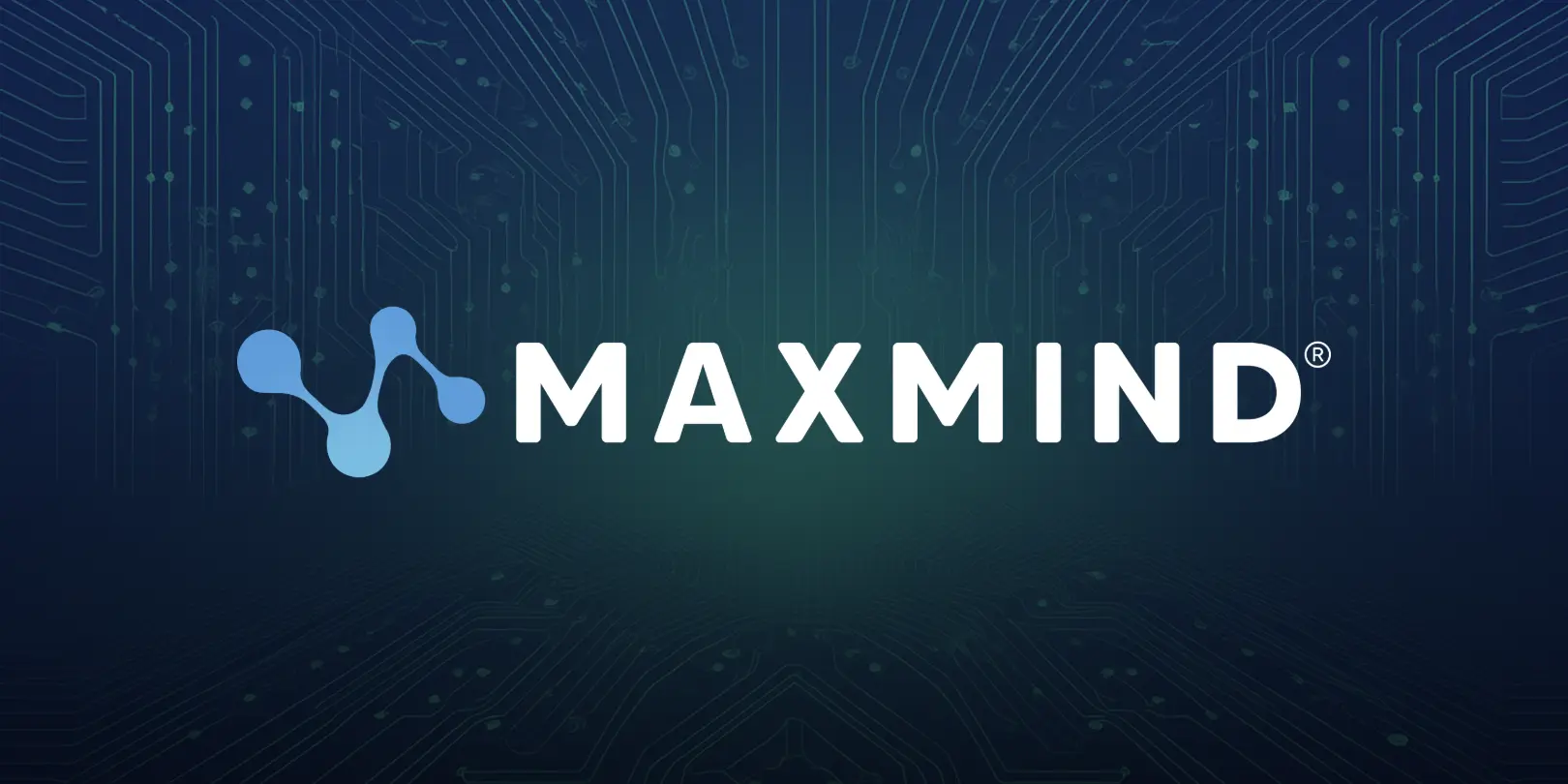October 16, 2019: We retired support for TLS v1.0/v1.1 and unencrypted HTTP requests to minFraud services on October 16, 2019, as part of our commitment to securing and protecting your data. Please ensure you are using TLS v1.2+ to connect to MaxMind services.
May 8, 2020: We retired the legacy minFraud SOAP API on May, 2020. Please integrate with the legacy minFraud service directly, or use our newer minFraud services.
In the coming months, we will be retiring the following:
- TLS v1.0 and 1.1 support across MaxMind products and services (October 16, 2019);
- Unencrypted HTTP requests to our legacy minFraud services (October 16, 2019); and
- The legacy minFraud service SOAP API (January 31, 2020 - revised to May 8, 2020).
Read on below for more information. MaxMind is deeply committed to information security and protecting customer data, and taking these steps will allow us to ensure your data is as safe and secure as possible. If you have any questions, please do not hesitate to contact us.
TLS v1.0 and v1.1
Transport Layer Security (TLS) is a cryptographic protocol for securing communications between systems. Older versions of TLS (1.0 and 1.1) have many serious vulnerabilities and expose communications to the possibility of data breach. Retirement of older TLS is a coordinated effort across many industries.
What does this mean for me?
If you are using TLS v1.0 or 1.1 to connect to MaxMind services (including GeoIP database downloads) as of April 1, 2019, we will email you during the week of April 15, 2019 to inform you and provide you with more information. If you are not sure how to proceed, please forward this information to the individual(s) responsible for your MaxMind integration. Depending on your technology stack, you may need to upgrade some part of your stack to a later version, or you may need to make code changes. The retirement date for TLS v1.0/v1.1 is October 16, 2019.
If you have any questions at all, please do not hesitate to contact us.
HTTP Requests to Legacy minFraud Services
HTTP requests are unencrypted and because requests to our legacy minFraud services may contain sensitive data, we will no longer support these types of requests. Our newer minFraud services already require HTTPS requests.
What does this mean for me?
If you are sending us HTTP requests to our legacy minFraud service, we will email you during the week of April 15, 2019 to inform you and provide you with more information. You will need to update your integration to use HTTPS with TLS v1.2 or greater. If you are not sure how to proceed, please forward this information to the individual(s) responsible for your MaxMind integration. The retirement date for HTTP requests to legacy minFraud services is October 16, 2019.
Affected URLs
Below is a list of affected (legacy minFraud service) URLs:
*.maxmind.com/app/ccv2r *.maxmind.com/app/minfraud_soap *.maxmind.com/app/fast_proxy *.maxmind.com/app/bin_http *.maxmind.com/app/ipauth_http
We also highly recommend that our GeoIP customers use HTTPS instead of HTTP.
If you have any questions at all, please do not hesitate to contact us.
Legacy minFraud SOAP API
In order to provide you with a better overall service experience, we are focusing our development efforts on our newer more modern APIs. As part of this effort, we are discontinuing the SOAP API for our legacy minFraud service. Other client APIs for legacy minFraud services will continue to be supported.
What does this mean for me?
If you are using our SOAP API to connect to our minFraud service, we will email you during the week of April 15, 2019 to inform you and provide you with more information.
To move off the SOAP API, you will need to change your integration to either:
- Integrate with the legacy minFraud service directly per https://dev.maxmind.com/minfraud/minfraud-legacy/.
- Use our newer minFraud services (read about what’s new in our latest minFraud services)
- Use one of our other client APIs for legacy minFraud services (not recommended).
If you are not sure how to proceed, please forward this information to the individual(s) responsible for your MaxMind integration. The retirement date for the legacy minFraud SOAP API is January 31, 2020 (revised to May 8, 2020).
Timing with older TLS retirement
Please note that the retirement dates for TLS v1.0/v1.1 and HTTP requests to legacy minFraud services are earlier than the retirement date for the SOAP API. As a result, we recommend moving off the legacy minFraud SOAP API and upgrading to TLS v1.2 or higher at the same time (and prior to October 16, 2019).
If you need to continue using SOAP after October 16, 2019 until January 31, 2020, you will need to either (1) upgrade to version 15, available at https://www.maxmind.com/wsdl/minfraud-soap-15.wsdl; or (2) override the URL used by your current WSDL file to force it to use HTTPS.
If you have any questions at all, please do not hesitate to contact us.
Timeline
| Week of April 15, 2019 | We will inform affected accounts (as of April 1, 2019) via email | ||
| Week of July 29, 2019 | Planned interruption of TLS v1.0 and 1.1 connections & minFraud HTTP requests | ||
| August 28, 2019 | 2nd planned interruption of TLS v1.0 and 1.1 connections & minFraud HTTP requests | ||
| September 25, 2019 | 3rd planned interruption of TLS v1.0 and 1.1 connections & minFraud HTTP requests | ||
| October 16, 2019 | TLS v1.0 and v1.1, and minFraud HTTP requests no longer supported | ||
| January 31, 2020 (revised to May 8, 2020) | Legacy minFraud SOAP API discontinued |
If you have any questions, please do not hesitate to contact us.


